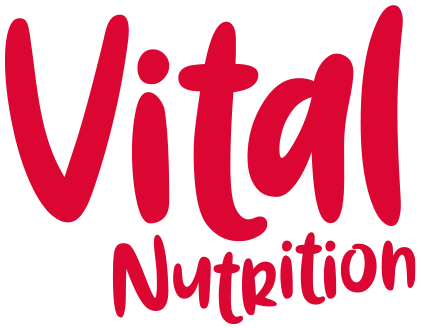Protein foods - what’s the deal?
Protein! It seems to be everywhere you look these days. From protein yoghurts and bars to protein milk and fortified breakfast cereals, it looks like higher protein foods are slowly but surely taking over from low fat in the diet wars.
It is true that protein may help you to feel fuller for longer, support a healthy body composition and it has been shown that a higher protein diet can help with weight loss, but before we take a closer look at what’s behind the label and health claims of these protein foods, let me remind you why protein is so vital for health.
Protein is one of the big three. The macronutrients that provide us with calories and energy (the other two are fat and carbohydrate).
Protein is made up of amino acids - the building blocks that are required by every cell in our body - for the production of enzymes, hormones, cells and tissues. We need protein for growth and repair, but it has plenty of other advantages in our diet too.
to regulate appetite and help you to feel fuller for longer
for healthy hormone balance
essential for muscle function and bone health
required for the production of energy
In a quest to be healthy, you may have popped a protein yoghurt into your shopping basket, snacked on a protein bar or tried protein milk after exercise. Do you know what you are really consuming?
This week I had a little browse of some protein foods in my local supermarket, and took a closer look at the ingredients lists.
In the yoghurt aisle alone I found modified maize starch, artificial sweeteners (Acesulfame K, Aspartame), acidity regulators, emulsifiers and gelling agents.
I don’t know about you, but these are not ingredients I usually find in my kitchen.
Rather than being sold as a health food, most of these yoghurts should come under the banner of ultra processed foods.
Better alternatives?
I am all for adding a little extra protein to our diets. Many of us fall short of the recommended daily intake and there is growing evidence that many of us could do with a little extra - for example if you exercise regularly, want to lose weight, are peri-menopausal, have just had a baby your protein requirements re higher than average.
But there is a better way to increase protein, in a more natural and healthy way, than consuming these highly processed protein-enriched foods. Here are some simple ideas to help you increase your protein intake:
Choose natural yoghurt instead
Get into the habit of adding milled chia or flaxseed to your breakfast or smoothies (I like local brand Linwoods)
Add nuts, seeds, houmous, lentils, nuts or seeds to salads
Bulk out meat-based chilli, curry and one-pot dinners with some lentils beans (more fibre as well as extra protein)
Make dressing using natural yoghurt and tahini - I love adding some lemon zest and juice, a little mustard, olive oil and garlic too
Eat more eggs!
Have tinned fish a few times a week
Snack on houmous with seeded oatcakes, a scaled apple with nut butter or some natural yoghurt and fruit
We get protein from animal based foods like eggs, meat, fish, yoghurt and cheese, and plant foods like beans, lentils, nuts and seeds. It is a good idea to get as much variety in your diet as you can.
The next time you see protein highlighted on a food label, take a closer look at the ingredients list and sugar content. You may be surprised at what you find.

